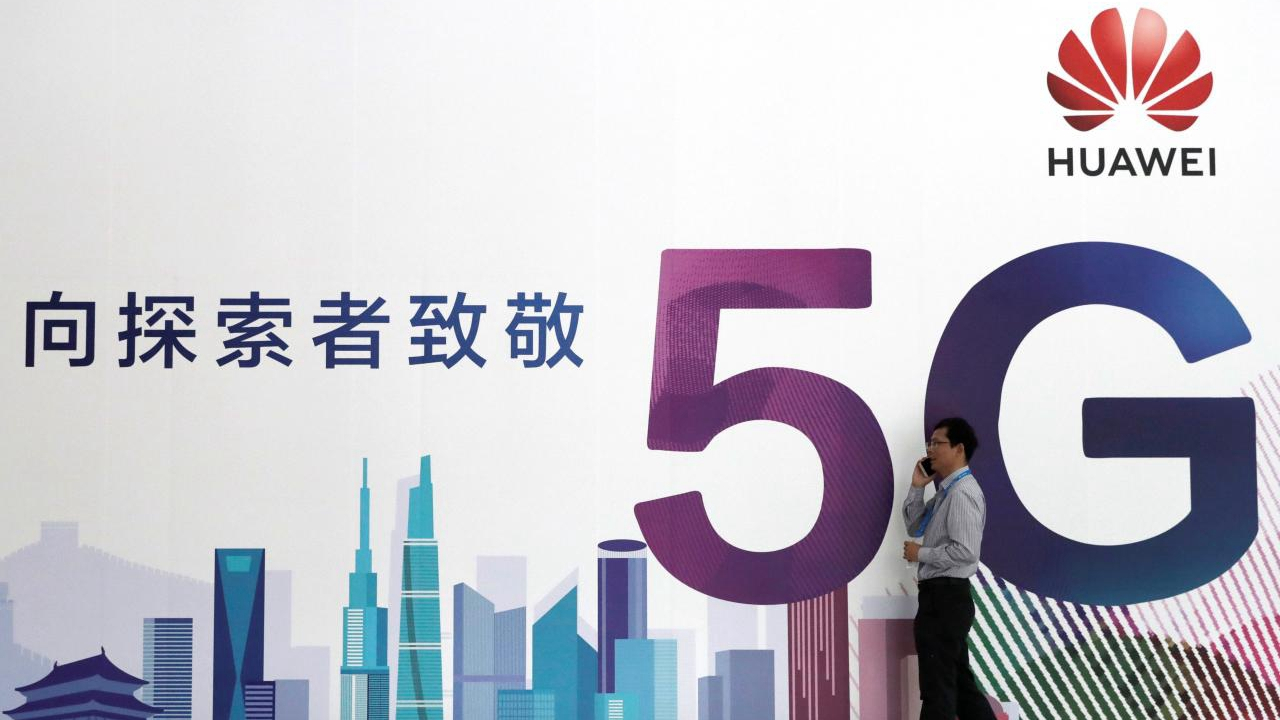
Technology
14:36, 18-Feb-2019
UK may not in the position to ban Huawei: report
CGTN

The UK intelligence agency has concluded that it can mitigate the alleged risks from using Huawei products in 5G networks, indicating it's not in a position to ban the company, the Financial Times (FT) reported on Sunday, citing two sources familiar with the situation.
The conclusion, which contradicts U.S. claims about “risks” posed by Huawei equipment, has been reached by Britain's National Cyber Security Centre (NCSC), according to the sources cited by FT.
And the finding would “carry great weight” with European leaders, the newspaper reported.
“Other nations can make the argument that if the British are confident of mitigation against national security threats then they can also reassure their publics and the U.S. administration that they are acting in a prudent manner in continuing to allow their telecommunications service providers to use Chinese components as long as they take the kinds of precautions recommended by the British,” the source told the newspaper.
Huawei, the Chinese telecom giant, also a world leader in 5G technologies, has been accused by the U.S. of conducting espionage with its high-speed telecommunications systems.
The U.S. has also been trying to persuade its allies to ban Huawei products.
Robert Hannigan, former head of the Government Communication Headquarters (GCHQ), the UK signals intelligence agency, recently wrote in the FT that blanket bans on Chinese tech companies like Huawei make no sense.
He said that NCSC had “never found evidence of malicious Chinese state cyber activity through Huawei” and that any “assertions that any Chinese technology in any part of a 5G network represents an unacceptable risk are nonsense.”
Alex Younger, head of MI6, the UK secret intelligence service, also indicated that Britain would not ban Huawei. He said it was “a more complicated issue than in or out” and countries had “a sovereign right to work through the answer to all of this.”
The UK will probably recommend a diversity of suppliers and partial restrictions of areas of the 5G network, the source told FT.

SITEMAP
Copyright © 2018 CGTN. Beijing ICP prepared NO.16065310-3
Copyright © 2018 CGTN. Beijing ICP prepared NO.16065310-3